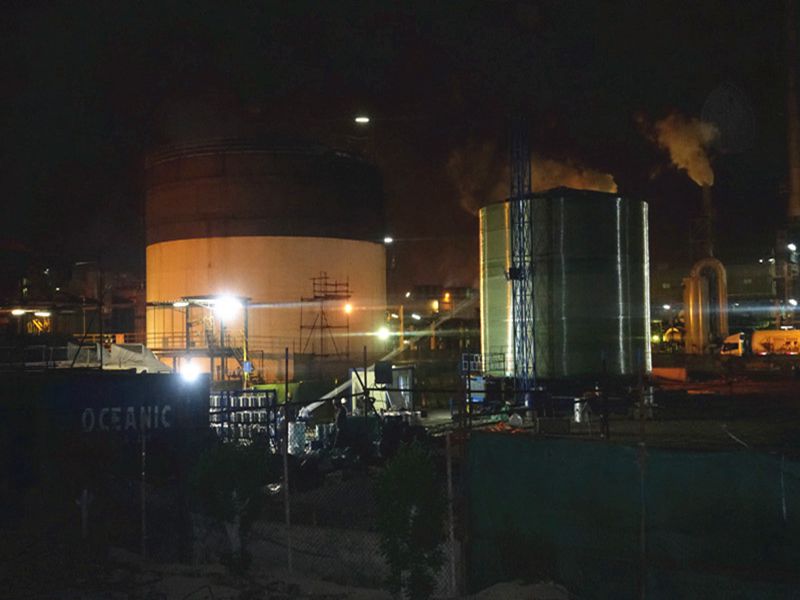
-
 Afrikaans
Afrikaans -
 Albanian
Albanian -
 Amharic
Amharic -
 Arabic
Arabic -
 Armenian
Armenian -
 Azerbaijani
Azerbaijani -
 Basque
Basque -
 Belarusian
Belarusian -
 Bengali
Bengali -
 Bosnian
Bosnian -
 Bulgarian
Bulgarian -
 Catalan
Catalan -
 Cebuano
Cebuano -
 China
China -
 China (Taiwan)
China (Taiwan) -
 Corsican
Corsican -
 Croatian
Croatian -
 Czech
Czech -
 Danish
Danish -
 Dutch
Dutch -
 English
English -
 Esperanto
Esperanto -
 Estonian
Estonian -
 Finnish
Finnish -
 French
French -
 Frisian
Frisian -
 Galician
Galician -
 Georgian
Georgian -
 German
German -
 Greek
Greek -
 Gujarati
Gujarati -
 Haitian Creole
Haitian Creole -
 hausa
hausa -
 hawaiian
hawaiian -
 Hebrew
Hebrew -
 Hindi
Hindi -
 Miao
Miao -
 Hungarian
Hungarian -
 Icelandic
Icelandic -
 igbo
igbo -
 Indonesian
Indonesian -
 irish
irish -
 Italian
Italian -
 Japanese
Japanese -
 Javanese
Javanese -
 Kannada
Kannada -
 kazakh
kazakh -
 Khmer
Khmer -
 Rwandese
Rwandese -
 Korean
Korean -
 Kurdish
Kurdish -
 Kyrgyz
Kyrgyz -
 Lao
Lao -
 Latin
Latin -
 Latvian
Latvian -
 Lithuanian
Lithuanian -
 Luxembourgish
Luxembourgish -
 Macedonian
Macedonian -
 Malgashi
Malgashi -
 Malay
Malay -
 Malayalam
Malayalam -
 Maltese
Maltese -
 Maori
Maori -
 Marathi
Marathi -
 Mongolian
Mongolian -
 Myanmar
Myanmar -
 Nepali
Nepali -
 Norwegian
Norwegian -
 Norwegian
Norwegian -
 Occitan
Occitan -
 Pashto
Pashto -
 Persian
Persian -
 Polish
Polish -
 Portuguese
Portuguese -
 Punjabi
Punjabi -
 Romanian
Romanian -
 Russian
Russian -
 Samoan
Samoan -
 Scottish Gaelic
Scottish Gaelic -
 Serbian
Serbian -
 Sesotho
Sesotho -
 Shona
Shona -
 Sindhi
Sindhi -
 Sinhala
Sinhala -
 Slovak
Slovak -
 Slovenian
Slovenian -
 Somali
Somali -
 Spanish
Spanish -
 Sundanese
Sundanese -
 Swahili
Swahili -
 Swedish
Swedish -
 Tagalog
Tagalog -
 Tajik
Tajik -
 Tamil
Tamil -
 Tatar
Tatar -
 Telugu
Telugu -
 Thai
Thai -
 Turkish
Turkish -
 Turkmen
Turkmen -
 Ukrainian
Ukrainian -
 Urdu
Urdu -
 Uighur
Uighur -
 Uzbek
Uzbek -
 Vietnamese
Vietnamese -
 Welsh
Welsh -
 Bantu
Bantu -
 Yiddish
Yiddish -
 Yoruba
Yoruba -
 Zulu
Zulu
Exploring the Benefits and Applications of FGD Scrubbers in Environmental Pollution Control Systems
The Importance of FGD Scrubbers in Modern Industrial Processes
Flue Gas Desulfurization (FGD) scrubbers are essential components in modern industrial processes, particularly in power generation and manufacturing industries. These systems play a crucial role in reducing sulfur dioxide (SO2) emissions, a significant contributor to acid rain and environmental degradation. As industries face increasing regulatory pressure to minimize their environmental footprints, the importance of FGD scrubbers has become more pronounced.
FGD scrubbers function by removing SO2 from flue gases generated by combustion processes. The typical working mechanism involves a chemical reaction where the acidic flue gases are scrubbed through a solution, often limestone or lime, which neutralizes the sulfur dioxide. This process not only cleans the gas emissions but also converts the SO2 into a solid byproduct, often gypsum, which can be marketed for use in construction materials, thus promoting recycling and resource efficiency.
The Importance of FGD Scrubbers in Modern Industrial Processes
Moreover, the economic implications of FGD scrubbers are substantial. While the initial investment in installing these systems can be high, they often result in long-term savings. By reducing emissions, companies can lower their carbon credits and avoid costly emissions trading schemes. Additionally, the recovery and sale of byproducts generated from the scrubbing process, such as gypsum, can provide a new revenue stream, offsetting the operational costs of the scrubbers.
fgd scrubber

The advances in FGD scrubber technology have also led to improvements in efficiency and efficacy. Modern scrubbers are designed to handle high volumes of flue gases while achieving high removal rates of sulfur compounds. Innovations such as dry and semi-dry scrubbing technologies have emerged, providing viable alternatives to traditional wet scrubbing methods. These new technologies not only enhance performance but also reduce water consumption, addressing concerns about water scarcity and environmental impact.
Moreover, FGD scrubbers contribute to wider sustainability goals, including the reduction of greenhouse gas emissions. Sulfur dioxide is often released alongside carbon dioxide (CO2), a significant greenhouse gas. By implementing effective FGD systems, industries can simultaneously address multiple aspects of environmental stewardship, thereby enhancing their overall sustainability profiles.
Despite their advantages, the operation and maintenance of FGD scrubbers require specialized knowledge and resources. To maximize their potential, industries must invest in skilled personnel and maintenance programs. Additionally, the seasonal and operational variations in flue gas composition may necessitate adjustments in scrubber operation, making continuous monitoring and optimization essential.
In conclusion, FGD scrubbers are a pivotal technology in the quest for cleaner industrial operations. Their ability to significantly reduce harmful emissions while enabling resource recovery showcases their dual benefits for environmental protection and economic viability. As industries move towards more sustainable practices, the adoption and advancement of FGD scrubber technology will be critical in shaping a cleaner, more responsible future. With ongoing innovation and dedication to compliance, FGD scrubbers will continue to play an integral role in promoting environmental health and sustainability across various sectors.
Latest news
-
Oblate Tanks: Space-Saving, Durable Liquid Storage SolutionsNewsAug.27,2025
-
High-Performance Piping System Solutions for Industry & Commercial UseNewsAug.26,2025
-
Precision Fittings: Durable & Reliable Industrial & Plumbing SolutionsNewsAug.25,2025
-
Practical Steps: Unlock Success with Our Proven GuidesNewsAug.24,2025
-
Transport Tanks: Safe, Durable & Efficient Liquid HaulingNewsAug.23,2025
-
High-Quality Piping Systems for Efficient Flow & DurabilityNewsAug.22,2025









